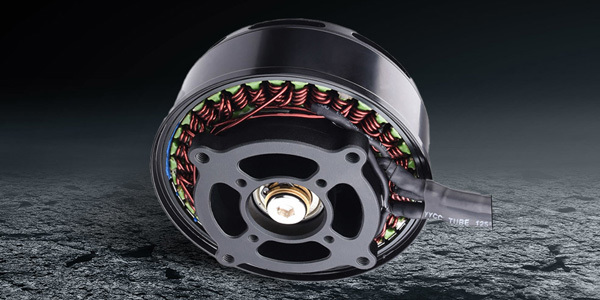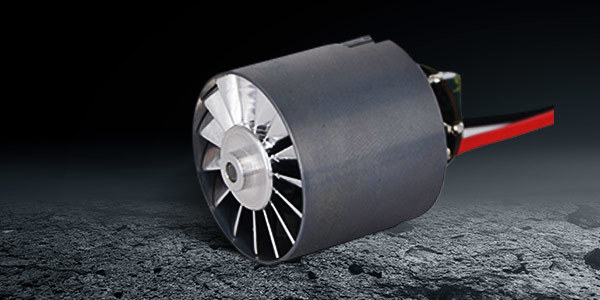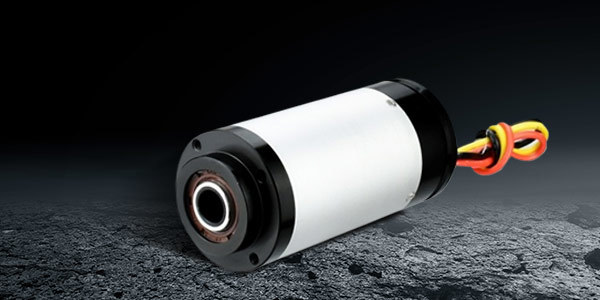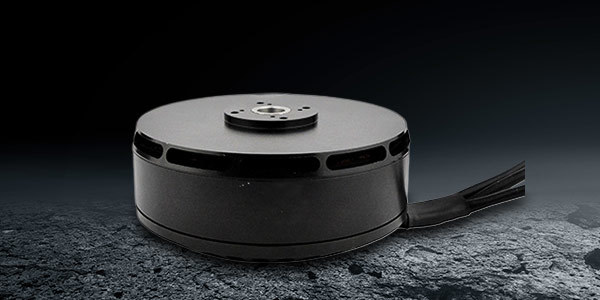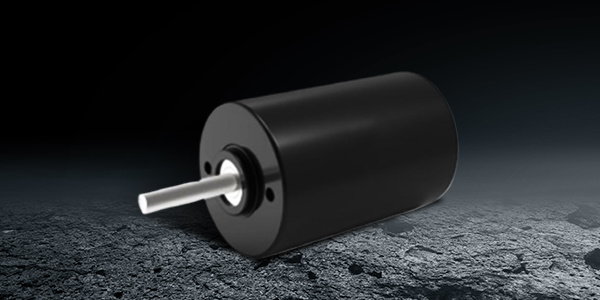Sep 18,2025
Understanding Sensorless Motor Controllers: A Game Changer in Electrical Engineering
In the realm of electrical engineering, sensorless motor controllers are emerging as a groundbreaking solution for driving motors without the need for traditional feedback sensors. These controllers utilize advanced algorithms and signal processing techniques to estimate the rotor position and speed, enabling precise control over motor operations. By eliminating mechanical sensors, which can be co
In the realm of electrical engineering, sensorless motor controllers are emerging as a groundbreaking solution for driving motors without the need for traditional feedback sensors. These controllers utilize advanced algorithms and signal processing techniques to estimate the rotor position and speed, enabling precise control over motor operations. By eliminating mechanical sensors, which can be costly and subject to wear and tear, sensorless motor controllers provide a robust alternative that enhances system reliability.
One of the primary advantages of sensorless motor controllers is their simplicity in design. Without the necessity for physical sensors, the overall system complexity is reduced, which can lead to lower manufacturing costs and easier integration into existing electrical systems. Additionally, by minimizing the number of components, these controllers can potentially increase the longevity and durability of the motor systems, as they reduce the likelihood of failure due to sensor malfunctions.
In the context of control cables used in electrical applications, sensorless motor controllers can significantly streamline the wiring and installation processes. Since they do not require additional wiring for feedback sensors, the space and weight of the installation can be minimized. This is particularly beneficial in applications where space is at a premium, such as in robotics, electric vehicles, and industrial automation systems.
Moreover, sensorless technology has gained attention for its ability to adapt to varying load conditions. This adaptability allows for improved energy efficiency, as these controllers can optimize performance based on real-time conditions without the delays associated with sensor feedback. As such, businesses in the electrical and cabling industry can leverage sensorless motor controllers to enhance the performance and efficiency of their products, ultimately leading to cost savings and improved customer satisfaction.
From a technical perspective, sensorless motor controllers operate on principles such as back-EMF (Electromotive Force) detection and model-based estimation. These methods allow the controller to infer the rotor's position by analyzing the voltage and current signals in the motor windings. The sophistication of these algorithms enables the controller to maintain functionality even during low-speed operations, where traditional sensor-based controllers often struggle.
In conclusion, sensorless motor controllers are revolutionizing the way motors are controlled in various applications, offering significant benefits in terms of cost, reliability, and efficiency. As professionals in the electrical and cabling industry continue to embrace this technology, it is essential to stay informed about the latest advancements and their implications for future projects. By understanding the capabilities and benefits of sensorless motor controllers, industry professionals can make informed decisions that enhance their operations and product offerings.
Previous: High Torque Brushless Motors: The Ultimate Power Generation Solution

